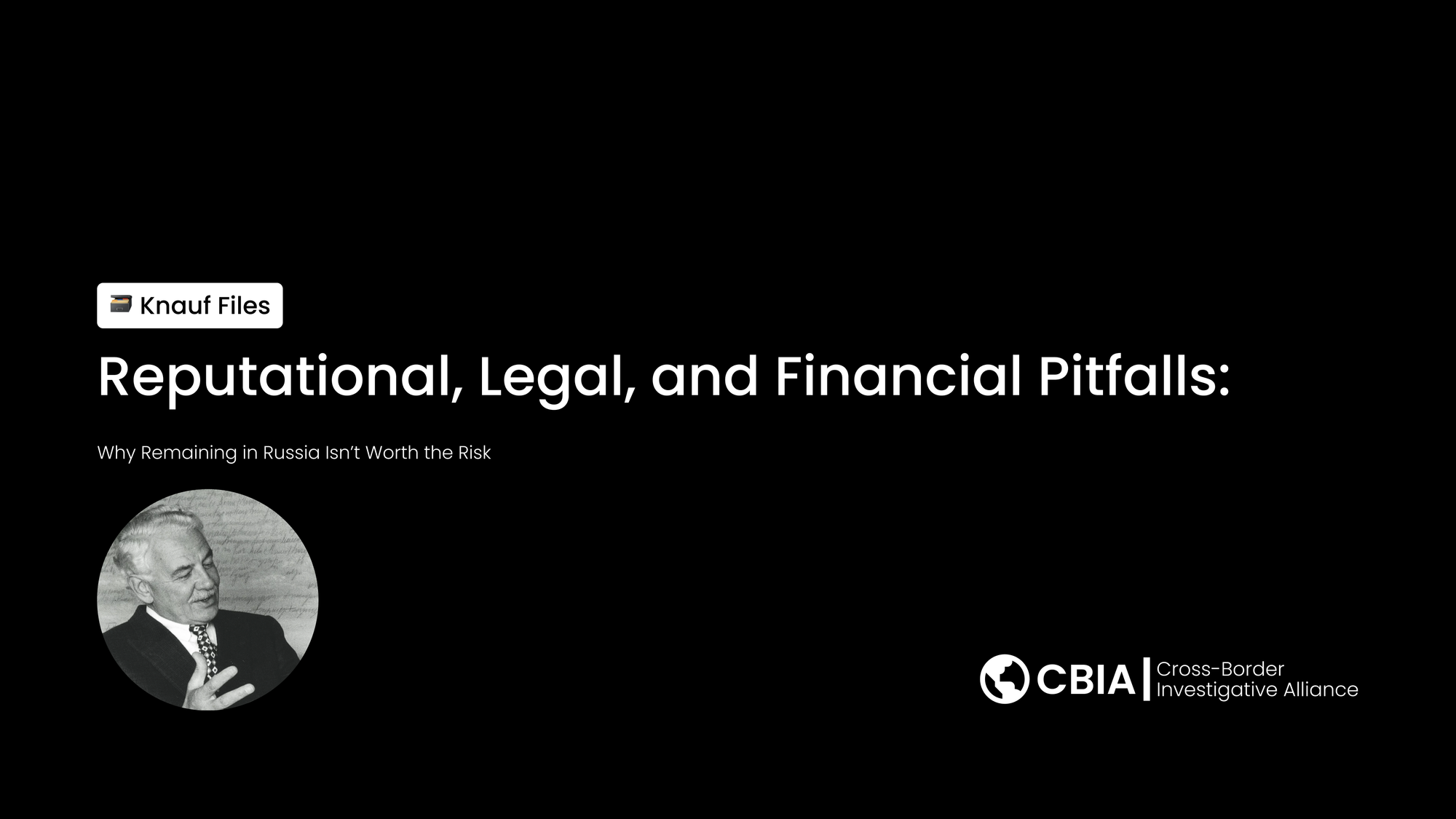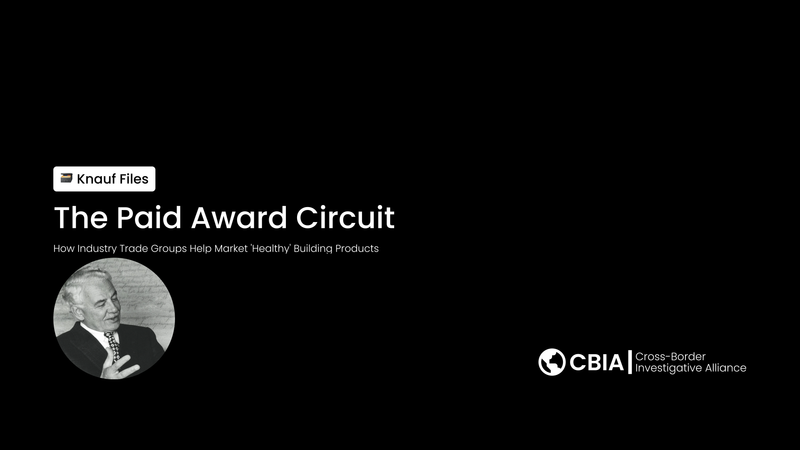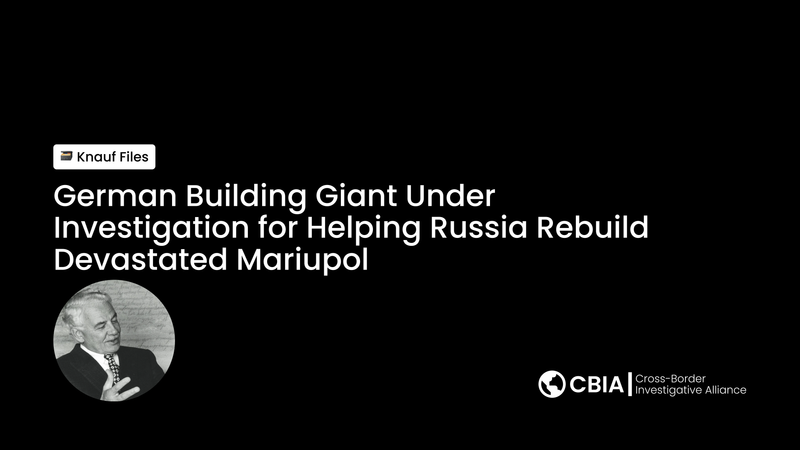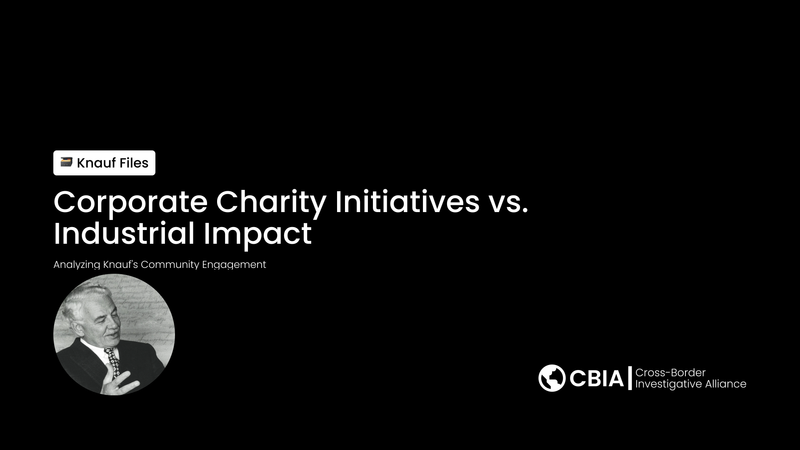Reputational, Legal, and Financial Pitfalls: Why Remaining in Russia Isn’t Worth the Risk

Since the 2022 escalation of the Russia-Ukraine conflict, hundreds of Western firms have faced immense challenges, including asset seizures and expropriations by Russian authorities. This dynamic exposes multinational companies to profound risks if they continue or resume operations in Russia amid a volatile political and legal environment.
A key concern is the enactment of Russian laws mandating foreign businesses’ participation in military-related activities—such as assisting with conscription and providing resources for the war effort. These laws expose companies to serious legal liabilities, including potential complicity in war crimes, and pose deep ethical dilemmas.
Beyond immediate operational risks, firms face government interference or outright expropriation, jeopardizing business continuity and asset security. Reputational damage is another critical factor; firms active in Russia risk being listed as “international sponsors of war” by Ukrainian authorities, which can severely impact their standing in global banking and risk assessment systems.
A prime illustration of these risks is Knauf, a leading German building materials manufacturer with decades of business in Russia. Investigations by B4Ukraine and German media revealed that Knauf’s products, such as gypsum boards, were used in construction projects in Mariupol—an occupied Ukrainian city heavily damaged during the war. One dealer even publicly advertised completing a residential project for the Russian Ministry of Defense using Knauf materials. These revelations spurred legal probes and heightened scrutiny.
In addition, Russian martial law reportedly compelled Knauf subsidiaries to facilitate military conscription by transporting conscripted employees to recruitment centers, further entangling the company in Russia’s war machinery. B4Ukraine warns, “Companies facilitating conscription and supporting military efforts in Russia risk complicity in Russia’s war crimes,” highlighting how business operations can become deeply implicated in conflict.
Following intense public pressure and investigations, Knauf announced its planned exit from the Russian market in April 2024, transferring operations to local management to preserve jobs for over 4,000 employees. Regulatory approvals remain pending, and the process is complex and confidential. Nevertheless, reports in 2025 indicate Knauf still operates multiple sites in Russia under this arrangement, and legal investigations continue.
While withdrawing from Russia, Knauf has invested heavily in Ukraine’s reconstruction, committing approximately €150 million to build new production plants in Kyiv and Borshchiv (Ternopil region). These facilities focus on manufacturing drywall and dry construction mixes, supporting thousands of jobs and signaling faith in Ukraine’s post-war recovery. Knauf emphasizes its stance: “The management of the Knauf Group and the Knauf family condemn Russia’s war of aggression against Ukraine… We comply fully with all applicable laws, regulations, and sanctions. We are investing heavily in Ukraine to support the war-torn country.”
Economically, Russia remains a challenging and deteriorating market—experiencing high-interest rates, labor shortages, and official statements indicating Western businesses returning to Russia will face unequal treatment—further depressing financial returns.
Knauf’s case highlights the complex crossroads for multinational firms: continuing normal business risks legal and reputational harms due to involvement in military-supported projects and sanctioned activities, while exit processes are regulatory-heavy, costly, and operationally disruptive.
As B4Ukraine cautions, “Any company that chooses to return to Russia will be seen as disregarding the human cost of the war in Ukraine… These decisions would directly associate a company’s name with a government engaged in an ongoing conflict, widely condemned for violations of international law.”
In summary, the layered reputational, legal, and financial consequences of operating in Russia amid war make the business case for exit clear: the risks far outweigh potential short-term gains, and companies must prioritize ethical responsibility alongside business prudence to navigate this fraught landscape.
- https://knauf.com/en/newsroom/statement-28-05-2025
- https://leave-russia.org/knauf
- https://www.business-humanrights.org/en/latest-news/knauf-announces-exit-from-russia-following-investigation-into-its-ongoing-operations-in-occupied-mariupol/
- https://www.bakunetwork.org/en/news/analytics/13697
- https://www.diyinternational.com/content/news/2024/04/23/knauf-withdraws-from-russia.html
- https://leave-russia.org
- https://united24media.com/business/german-construction-giant-knauf-to-invest-eur150m-in-a-new-factory-in-ukraine-after-russia-destroyed-previous-one-5072
- https://united24media.com/latest-news/knauf-exits-russia-after-30-years-mired-in-mariupol-construction-controversy-99
- https://b4ukraine.org/pdf/Knauf2025.pdf
- https://rubryka.com/en/2025/01/08/nimetska-kompaniya-knauf/
- https://cbia.watch/from-compliance-to-complicity-the-risks-of-operating-in-aggressor-states/
- https://b4ukraine.org/what-we-do/corporate-enablers-report-company-responses
- https://ubn.news/german-company-knauf-is-investing-e150m-in-its-second-building-materials-plant-in-ukraine/
- https://www.business-humanrights.org/en/latest-news/knauf-response/
- https://kse.ua/about-the-school/news/77th-issue-of-the-regular-digest-on-impact-of-foreign-companies-exit-on-rf-economy/
- https://expro.com.ua/en/tidings/knauf-becomes-corporate-buyer-of-guarantees-of-origin-in-ukraine
- https://finance.yahoo.com/news/german-company-knauf-leave-russia-101411200.html
- https://www.instagram.com/p/DM-c8KFtwFj/
- https://www.pravda.com.ua/eng/news/2025/01/8/7492532/
- https://www.linkedin.com/posts/business-for-ukraine_knauf-activity-7182400279332429825-bnPy





